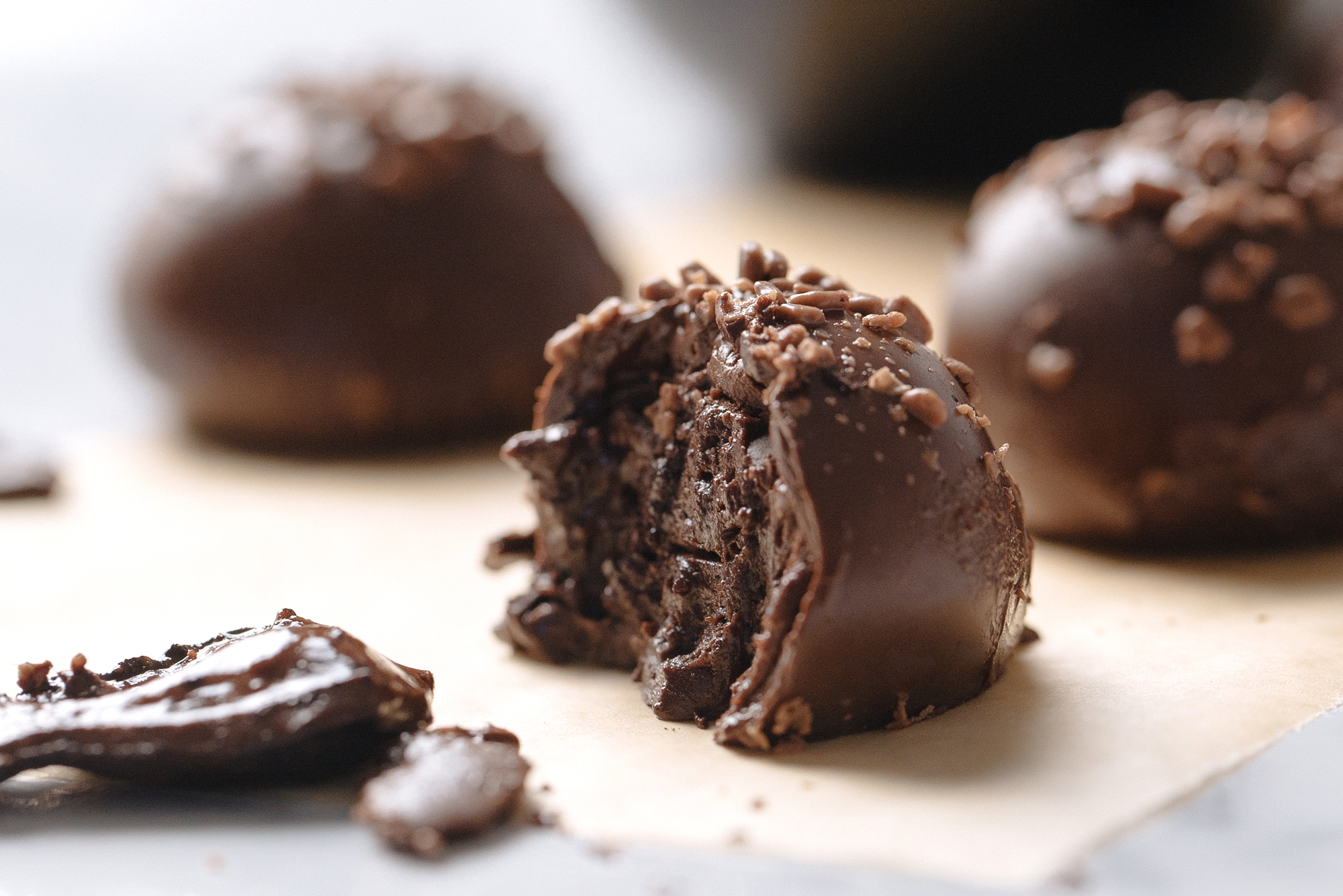Acne is what most people would refer to as pimples, and although it is not a physically disabling condition, it can cause a significant impact on how affected individuals feel about themselves and their self-confidence. There are a large number of myths about what does and doesn’t cause pimples, so understandably, many people are confused about it. Do things like drinking milk, eating chocolate, the timing of periods and exam or work stress affect pimples?
What is acne?
Acne is a skin condition, which can take many different forms. There are usually three types of ‘pimples’, which can occur:
-
Open comedos (blackheads)
-
Closed comedos (whiteheads)
-
Inflammatory lesions
In addition to that, some patients have scarring after acne or changes in their skin pigment which can take months before resolving. Usually acne tends to affect parts of the body that have the most hormonally responsive sebaceous glands. This tends to be places like the face, neck, chest, upper arms and back.
Does eating chocolate cause pimples?
Many people love chocolate, and find the thought of giving it up to get clear skin sounds pretty scary! But the good news is that current scientific evidence doesn’t show that chocolate causes pimples. No substrantial data is available to suggest that eating chocolate causes acne to occur more often or to make acne more severe.
Why do I get acne before my periods?
Some women tend to suffer from acne in the lower areas on their face and also on their neck, and this often occurs premenstrually, so it can be referred to as a ‘premenstrual flare.’ Women around the age of 30 and above tend to suffer the most from this specific type of acne, but the good news is that treatment is available. If you think this may be affecting you, feel free to contact one of our friendly GPs to talk about this further!
Will stress cause pimples?
Studies have been done comparing how bad acne is in students around the time of exams (high stress) to summer holidays (low stress) and found that their acne was worse around the times of high stress, and that this was especially true for boys! Currently one hypothesis is that there are more receptors for stress hormones in the glands of skin affected by acne. So it is possible that an increase in stress hormones may be involved in the process, but more research is needed in this area to confirm exactly how this works.
So if acne is something that bothers you, come see one of our friendly GPs to discuss it further, our phone number is 8269 6000.
References
-
Yosipovitch G, Tang M, Dawn AG, et al. Study of psychological stress, sebum production and acne vulgaris in adolescents. Acta Derm Venereol 2007; 87:135.
-
Chiu A, Chon SY, Kimball AB. The response of skin disease to stress: changes in the severity of acne vulgaris as affected by examination stress. Arch Dermatol 2003; 139:897.
-
Ganceviciene R, Graziene V, Fimmel S, Zouboulis CC. Involvement of the corticotropin-releasing hormone system in the pathogenesis of acne vulgaris. Br J Dermatol 2009; 160:345.
-
Cordain L, Lindeberg S, Hurtado M, et al. Acne vulgaris: a disease of Western civilization. Arch Dermatol 2002; 138:1584.
-
Thiboutot DM, Strauss JS. Diet and acne revisited. Arch Dermatol 2002; 138:1591.
-
Bershad S. The unwelcome return of the acne diet. Arch Dermatol 2003; 139:940.
-
Spencer EH, Ferdowsian HR, Barnard ND. Diet and acne: a review of the evidence. Int J Dermatol 2009; 48:339.
-
Grossi E, Cazzaniga S, Crotti S, et al. The constellation of dietary factors in adolescent acne: a semantic connectivity map approach. J Eur Acad Dermatol Venereol 2016; 30:96.
-
LaRosa CL, Quach KA, Koons K, et al. Consumption of dairy in teenagers with and without acne. J Am Acad Dermatol 2016; 75:318.
Medical information disclaimer:
No advice: Our website contains general medical information. The medical information is not advice and should not be treated as such.
No warranties: The medical information on our website is provided without any representations or warranties, express or implied. Without limiting the scope above, we do not warrant or represent that the medical information on this website: will be constantly available, or available at all; or is true, accurate, complete, current or non-misleading.
Medical assistance: You must not rely on the information on our website as an alternative to medical advice from your doctor or other professional healthcare provider. If you have any specific questions about any medical matter, you should consult your doctor or other professional healthcare provider. If you think you may be suffering from any medical condition, you should seek immediate medical attention. You should never delay seeking medical advice, disregard medical advice or discontinue medical treatment because of information on our website.
Interactive features: Our website includes interactive features that allow users to communicate with us. You acknowledge that, because of the limited nature of communication through our website’s interactive features, any assistance you may receive using any such features is likely to be incomplete and may even be misleading. Any assistance you may receive using any our website’s interactive features does not constitute specific advice and accordingly should not be relied upon without further independent confirmation.
Limits upon exclusions of liability: Nothing in this disclaimer will: limit or exclude any liability for death or personal injury resulting from negligence; limit or exclude any liability for fraud or fraudulent misrepresentation; limit any liabilities in any way that is not permitted under applicable law; or exclude any liabilities that may not be excluded under applicable law.
Credit:This document was created using a template from SEQ Legal (http://www.seqlegal.com).

